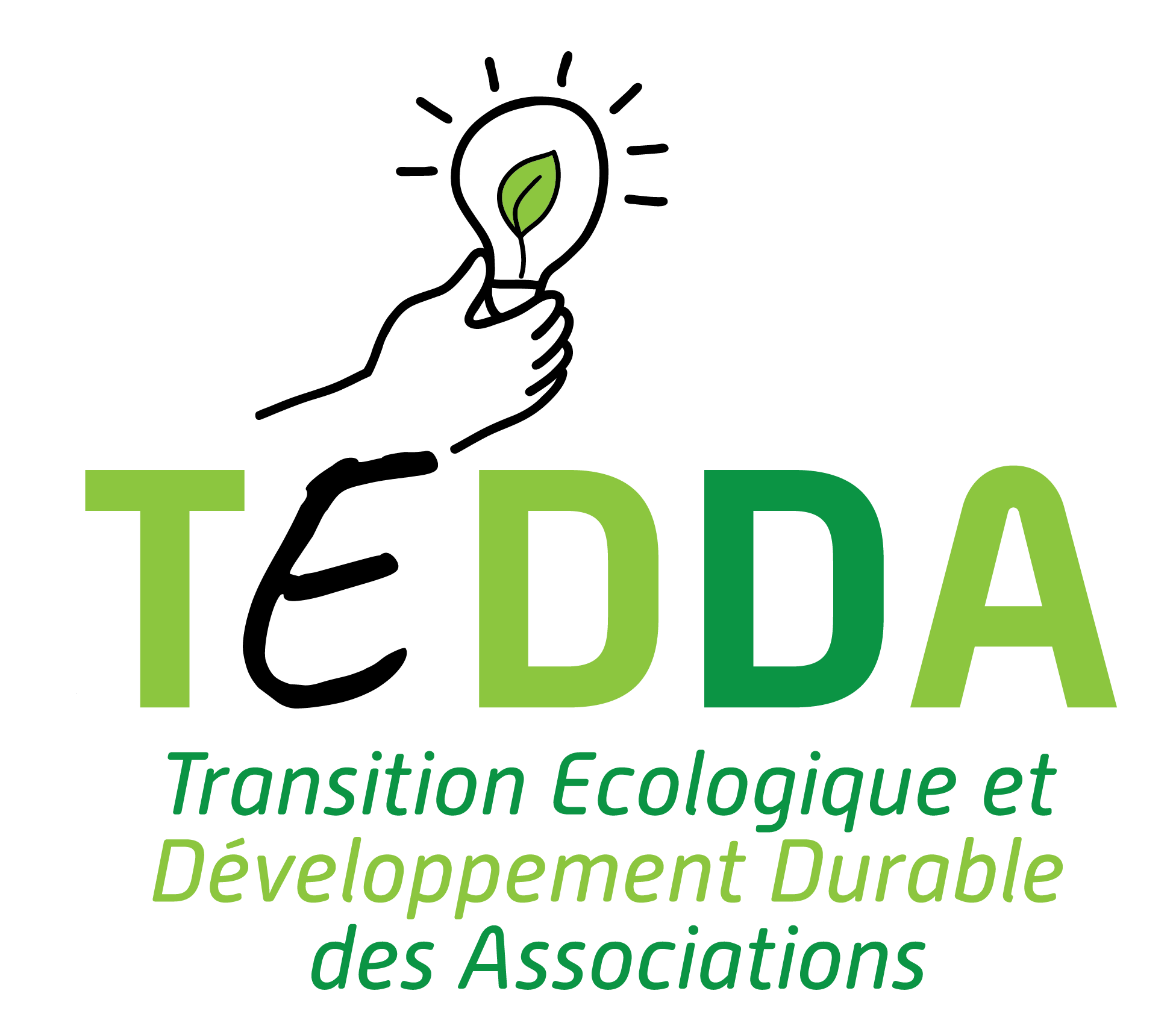
14 Feb Just transition
An ecological transition is necessary to reduce the negative impacts of human activity on the environment. However, when talking about ecological transition it is essential to take into account and promote it and to integrate the ecological, economic and above all social dimensions, leaving no one behind or outside. Just transition is a concept that aims to ensure that the transition to a sustainable and environmentally friendly economy is fair for all individuals and communities. This implies taking into account the socio-economic consequences of the transition and putting in place measures to mitigate its negative impacts on the population. The ecological transition cannot be achieved effectively without the active participation and collaboration of all stakeholders: governments, companies, civil society organisations and citizens. The European Just Transition is a process of transition to a sustainable economy that aims to ensure social justice which implies ensuring that the social impacts of the transition are managed in an equitable way, financial and social accessibility which commits the transition to be financially viable for citizens and businesses while providing equitable opportunities for every European citizen, regardless of social, ethnic or geographical background. In addition, this transition must aim at income equality, aiming at reducing income and wealth inequalities between EU citizens. (1)
“We need to show that we are not leaving anyone behind; that people who can afford to do a bit more should do so while those who cannot afford to do so should not.” (2)
The European Union has put in place the European Green Deal, a set of policy initiatives to make the EU carbon neutral by 2050 (3). The EU aims to achieve this objective while stimulating economic growth, employment and creativity. However, the transition to a climate-neutral economy will have economic and social justice implications for those regions considered “more vulnerable” (4). To address these impacts, the Commission has set up the Just Transition Mechanism to ensure that the transition to a climate-neutral economy is fair for all. It aims to mobilise €55 billion for the regions most affected by the transition, by putting in place measures to mitigate the socio-economic impacts of the transition, a budget guarantee, and a public sector lending facility. (5)
It is with this in mind that the European Alliance for a Just Transition was created. It aims to highlight the crucial importance of the current climate and environmental emergency, the social and economic crises, and the persistence of inequality and poverty. The members of the Alliance recognise the interconnectedness of these crises and unite in a call for immediate, bold and transformative action at all levels of society for systematic and systemic change to build a sustainable and secure future for all, through a Just Transition. Climate action can be a solution to today’s multiple crises and it is also a real instrument to reduce social injustice in order to generate opportunities for the most disadvantaged people and to improve people’s well-being, quality of life and ensure gender equality. But for this to happen, it is necessary to ensure a fair and coherent Transition.
(1) European Commission (2020) The European Green Deal Investment Plan and Just Transition Mechanism explained.
(2) Deschryver, P., & Pini, P.-E. (2019, 10 décembre). Green New Deal : quatre questions à Frans Timmermans. Le Grand Continent.
(3) https://www.consilium.europa.eu/en/policies/green-deal/
(4) Fleming R., & Mauger R., « Green and Just? An update on the `European Green Deal », in Journal for European environmental & planning law, vol. 18 (2021), no 1-2.
Bibliography:
Scientific article:
Fleming R., & Mauger R., « Green and Just? An update on the `European Green Deal », in Journal for European environmental & planning law, vol. 18 (2021), no 1-2, p. 164‑180.
Press article:
Deschryver, P., & Pini, P.-E. (2019, 10 décembre). Green New Deal : quatre questions à Frans Timmermans. Le Grand Continent. https://legrandcontinent.eu/fr/2019/10/08/green-new-deal-quatre-questions-a-frans-timmermans/
Sources internet:
European Commission (2020) The European Green Deal Investment Plan and Just Transition Mechanism explained, 14 January 2020, https://ec.europa.eu/commission/presscorner/detail/en/qanda_20_24
https://alliancejusttransition.eu
https://www.consilium.europa.eu/en/policies/green-deal/
Source of the main picture: https://alliancejusttransition.eu/




